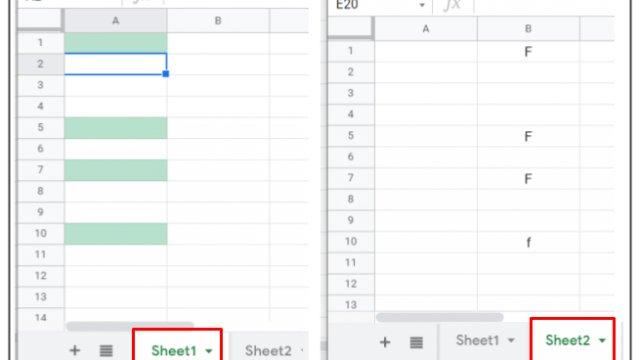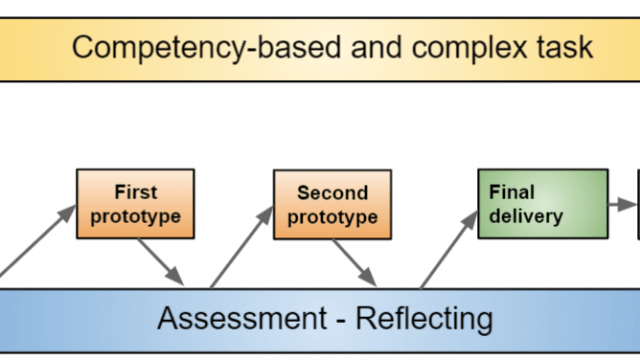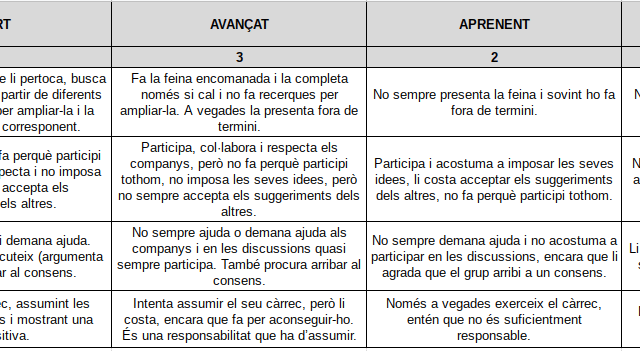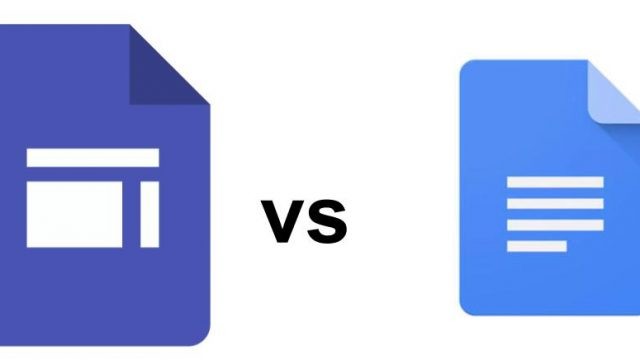It has been some time since I last wrote an article that was a bit technical and not at all pedagogical. Today I want to talk about the conditional formatting of Google spreadsheets. Recovering a functionality of my gradebook I have found this casuistry and, if you don’t know it, maybe it can be useful for you.
As most of you know, conditional formatting in spreadsheets, as the name suggests, allows the formatting of a cell to change if certain conditions occur. For example, we can make a cell with a number appear red if it is negative or black if it is positive. What I want to show in this article is how to change the format of a cell based on the values we enter in another cell that is also in another tab of the same spreadsheet (or better said, in another sheet of the same spreadsheet).
Continue reading “Conditional formatting in spreadsheets with cells from different sheets”







